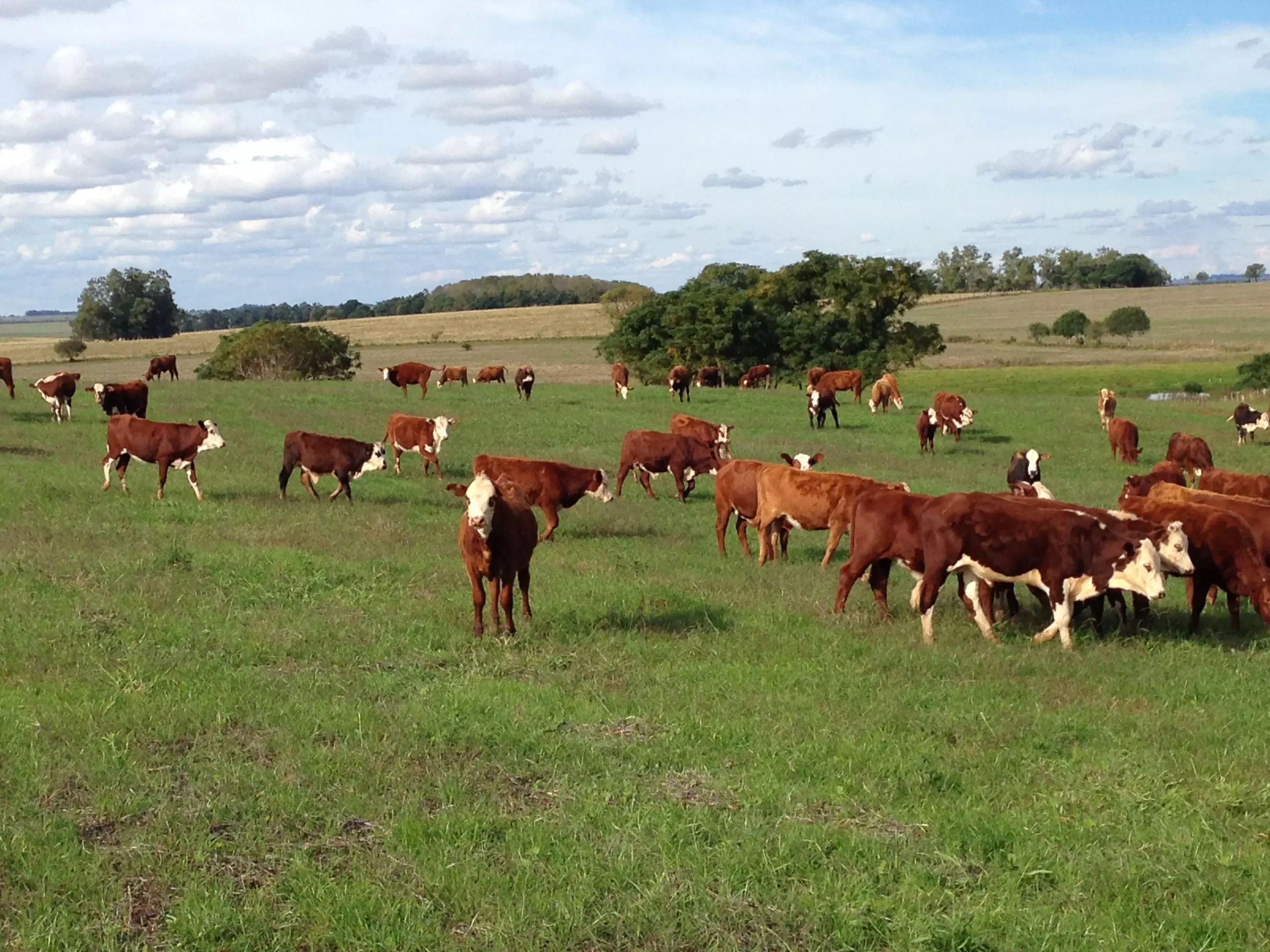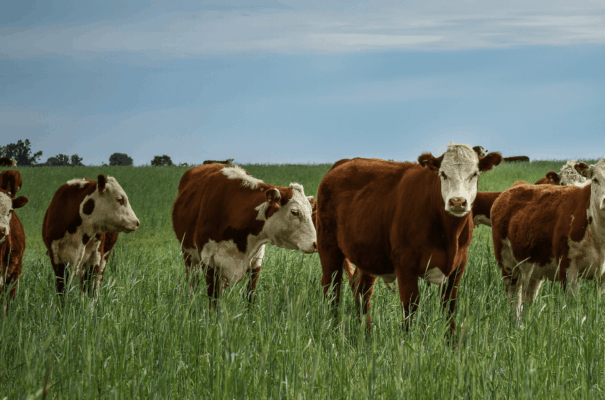Animal welfare is increasingly at the center of consumers’ attention and priorities. More than just an ethical issue, a recent study reveals that, in beef production, the topic is even considered one of the pillars of sustainability—a non-negotiable priority that ensures not only the quality of products but also the quality of life of animals under the care of producers.
However, as the demand for animal products is projected to double in the coming decades—driven by population growth and economic prosperity—a challenge arises: how can production systems adapt to meet these new demands without jeopardizing animal welfare? Below, we highlight the importance of this topic in modern livestock farming.
Physically and mentally healthy
Animal welfare, according to the World Organisation for Animal Health (WOAH), refers to “the physical and mental state of an animal in relation to the conditions in which it lives and dies.” This concept encompasses the health of animals, the conditions in which they are kept, and their social interactions. Proper management must ensure that animals have access to quality food and water, safe shelter, appropriate veterinary care, the opportunity to express natural behaviors, and positive feelings throughout their lives.
Animals that live well develop better
Management that respects animal welfare not only results in better quality products but also contributes to the efficiency of production systems. When animals are raised in appropriate environments that ensure access to veterinary care, balanced nutrition, and space for natural behaviors, they tend to be healthier, develop better, and experience less stress.
Welfare is also productivity
Healthy animals require fewer inputs and have lower mortality rates, minimizing the waste of resources such as water and feed. When raised in conditions that meet their needs, they develop more quickly and result in higher quality products. Practices that prioritize animal welfare reduce operational costs and the need for veterinary interventions, in addition to alleviating pressure on natural resources.
Animal welfare and sustainability

Photo: Minerva Foods
Animal welfare also goes hand in hand with sustainable practices. Management that prioritizes this aspect contributes to the reduction of greenhouse gas emissions, the preservation of water resources, and the restoration of soil health. For example, rotational grazing systems improve animal welfare because they provide access to fresh and nutritious pastures and allow for natural behaviors. The reduction of antibiotic use in animal feed also prevents water and soil contamination. Furthermore, balanced diets often result in more efficient resource use and a smaller ecological footprint in production.
Eating well
A balanced diet that meets the specific nutritional needs of each species is essential to ensure proper development, effective reproduction, and optimized production. Quality feed guarantees access to vital nutrients and helps prevent diseases and metabolic problems that can compromise health and welfare. It also promotes the expression of natural behaviors, reducing stress and improving quality of life, which ultimately reflects in higher quality products for the consumer.
Care in transportation
Animal transport is a critical phase in the production chain that deserves special attention and must be carefully planned and executed to ensure maximum comfort and safety for the animals. Inadequate conditions can lead to stress, suffering, and even death of animals, negatively impacting the quality of final products. Therefore, route planning, the use of advanced technology, and appropriate vehicles that ensure safety and comfort during transit and reduce the carbon footprint associated with travel are fundamental, for example.
Appropriate temperature
Maintaining adequate temperature control during transport and in breeding facilities is essential for animal welfare. Extreme temperatures can cause thermal stress, affecting health and productivity. On the other hand, climate monitoring systems help ensure that animals are in environments that guarantee their comfort in both normal and adverse conditions.
Rest is fundamental
Providing adequate rest periods throughout the productive life and after transport is a practice that not only respects animal health but is also crucial for improving their development and overall well-being.
Animal welfare is a global concern and demand
Producers in various countries have committed to initiatives that promote animal welfare. In the European Union, for example, the Farm to Fork Strategy and Re-Livestock encourage the development of protocols that ensure animals are treated humanely at all stages of production, promote training programs for workers focusing on management practices that respect animal welfare, and address best practices for transport.
Animal welfare is a Minerva Foods commitment
Minerva Foods is committed to animal welfare. To ensure that each animal is treated with the utmost respect and dignity at all stages of production, it implements various practices. One of these is the adoption of rigorous protocols that include humane handling, ensuring that transport and slaughter processes are carried out with the least possible stress. The company also invests in employee training, promoting a culture of respect and care for animals, and implements monitoring systems that ensure compliance with animal welfare standards. Thanks to these efforts, it has achieved Professional Animal Auditor Certification (PAACO) in all production units and GAP – Pasture Raised – Global Animal Partnership certification on farms in Uruguay.




